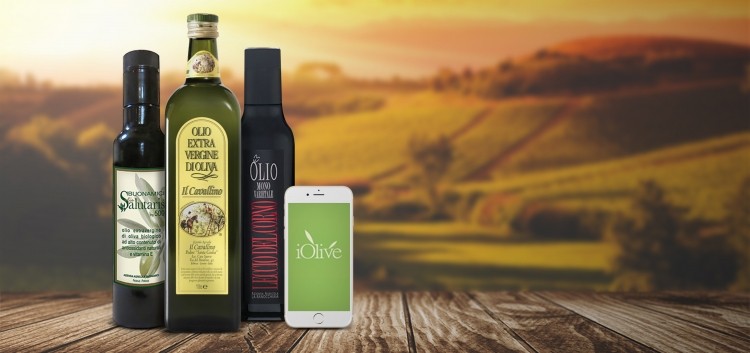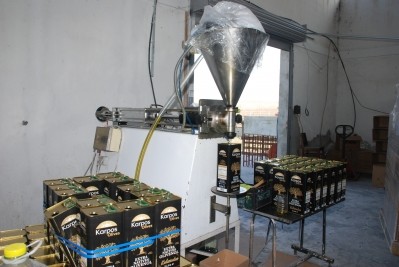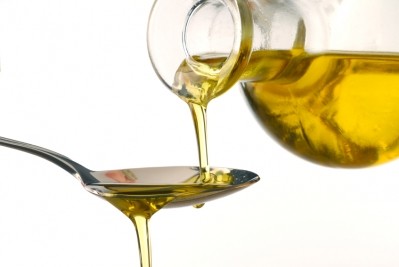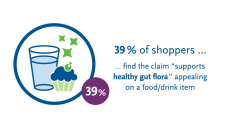Thinfilm to authenticate olive oil packaging

The growers, each of which produces its oil on farms in Italy’s Tuscany region, will use the NFC technology with an app called iOlive.
iOlive has created an electronic guide and tracking system that catalogues data on more than 150 of Tuscany’s extra virgin olive oils.
It was launched in 2014 at Agrietour, the national exhibition of agri-tourism and agriculture, held annually in Arezzo, Tuscany.
The iOlive app digitizes the IOC (International Olive Council) profile sheet for the assessment of olive oil, which is used in 44 countries to certify extra virgin products.
The real package?
NFC SpeedTap tags will be in the form of a sticker on the outside of the packaging of Buonamici, La Ranocchiaia, SPO and Il Cavallino and verify it is an authentic package.
They are thin devices that can be read with the tap of an NFC-enabled smartphone. Each tag is uniquely identifiable and once tapped, the tag wirelessly communicates with the cloud.
Erwan Le Roy, EVP business development and general manager, NFC solutions and smart sensor products said it was contacted by iOlive which identified the pilots – the length of which depends on the brand and how long it takes to get products on shelves.
“SpeedTag shows it is an authentic package and the brand can customise the message they want such as any screenshot. The consumer can tap and communicate with the brand which provides the information they want such as the story of olive oil manufacturing and tasting report of olive oil.
“SpeedTag is better than the current alternative. No system stops counterfeiters entirely, we see it is a lot better from the alternative with tags that have unique IDs that you can verify in the cloud using a smartphone. Today in the olive oil business it is easier to counterfeit by just copying the label.
“We follow the same equipment to apply onto the label of the package or it can be placed manually on a small volume for a pilot.
“Due to the electric nature we add a tester to the packaging line to test everything after it is applied. Doing these pilots without changing the packaging line is lowering the barrier of entry.”
Ensuring product integrity
Le Roy said it would not stop people buying the package with good content and putting fake content inside.
“Moving forward as security is more critical we have a second product called OpenSense, which is a sticker that goes to the opening and provides assurance it is factory filled,” he said.
“If a brand is more targeted they can move to the second NFC product [OpenSense] to verify the content in the bottle is the same from when it was sealed at the factory to the consumer. We will see how the relationship evolves but it is more secure than before. We see [OpenSense] in the wine business but not yet in olive oil.”
On example, is a partnership with Hopsy to integrate its NFC OpenSense technology onto its locally produced craft beers across the US.
Pietro Barachini, founder of iOlive and a professional olive oil taster, said the industry is very similar to the wine industry in that each has a rich heritage that is centuries old.
“But the wine industry has done a much better job of educating customers on how to evaluate, buy and enjoy wine. That’s why I created iOlive and began working closely with brands in Tuscany. I believe it will do for olive oil consumers what the leading wine apps have done for wine lovers.”
The process has been validated by Agro-Lab, the laboratory arm of PromoFirenze, an agency of the Florence Chamber of Commerce.

























